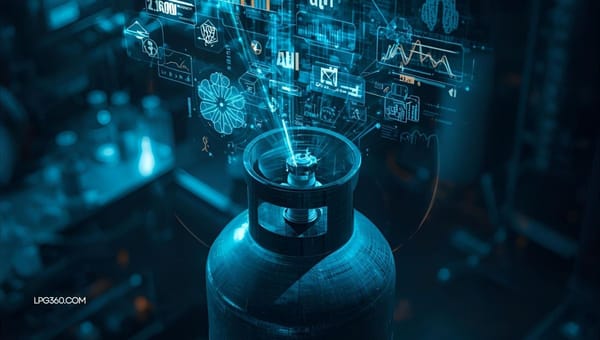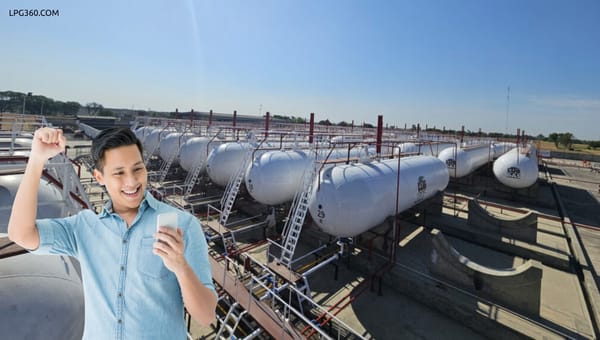Understanding LPG Plant Regulations and Compliance Requirements

The LPG industry operates under strict regulations to ensure safety, environmental responsibility, and legal compliance. Governments and regulatory bodies enforce laws to mitigate risks associated with LPG storage, handling, and distribution. Non-compliance can lead to hefty fines, legal actions, or operational shutdowns. This blog explores the key regulations and compliance standards that every LPG plant must follow to operate legally and safely.
National and International Safety Standards
LPG plants must comply with standards set by the National Fire Protection Association (NFPA), International Organization for Standardization (ISO), and other regulatory authorities. These guidelines outline safety measures for handling, transportation, and storage.
Licensing and Permits for Operations
Before an LPG plant can operate, it must obtain necessary permits and licenses. These approvals ensure compliance with zoning laws, environmental assessments, and safety protocols.
Regulations on Storage and Handling
Storage regulations require LPG plants to maintain specified tank distances, pressure control mechanisms, and leak-proof storage solutions to prevent accidents.
Environmental Protection Regulations
LPG plants must follow environmental laws that regulate emissions, waste management, and pollution control. Failing to meet these standards can lead to legal repercussions.
Worker Safety and Occupational Compliance
Occupational safety laws mandate strict measures to protect workers from exposure to hazardous conditions. These include PPE enforcement, workplace hazard assessments, and employee training programs.
LPG Transportation and Distribution Rules
LPG transportation is subject to hazardous material regulations, including proper labeling, secure packaging, and driver training. Compliance ensures safe and efficient distribution.
Mandatory Emergency Preparedness Plans
Regulatory agencies require LPG plants to have well-documented emergency response plans. These plans include fire prevention strategies, leak detection mechanisms, and coordinated evacuation procedures.
Routine Inspections and Compliance Audits
LPG plants must undergo regular safety audits by government agencies. Failing an inspection can result in fines, suspension, or mandatory operational changes.
Fire and Explosion Prevention Measures
Fire safety laws require LPG plants to install flame-proof electrical systems, fire suppression equipment, and leak detection technology to prevent catastrophic incidents.
Documentation and Reporting Obligations
Regulations mandate that LPG plants maintain detailed records of safety training, inspections, incidents, and compliance checks. Proper documentation ensures transparency and accountability.

Conclusion
Navigating LPG regulations is essential for both legal operations and workplace safety. Staying compliant with national and international standards ensures a safer environment, minimizes risks, and avoids legal consequences. Regular audits, employee training, and proper documentation are key elements of compliance. Proactive adherence to regulations not only protects employees and assets but also enhances operational efficiency. A well-regulated LPG plant fosters trust among stakeholders and ensures long-term sustainability.
Stay ahead of compliance requirements—ensure your LPG plant meets all regulatory standards today!
#LPG #LPG360 #LPGRegulations #ComplianceStandards #GasPlantSafety #IndustrialLaws #WorkplaceCompliance #EnvironmentalProtection #LegalCompliance #SafetyRegulations #HazardousMaterials #FirePrevention #LPGStorage #WorkplaceSafety #EmergencyResponse #RiskManagement #LPGHandling #RegulatoryStandards #HSE #LPGAudit #SafeOperations #LegalGuidelines







